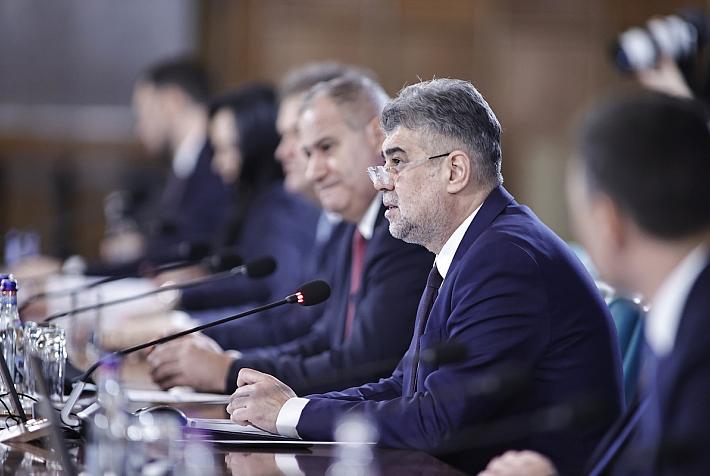The Washington Post names Romania’s ruling party leader among the new autocrats

Liviu Dragnea, the leader of the ruling Social Democratic Party (PSD) in Romania and speaker of the Romanian Parliament’s Chamber of Deputies, is mentioned in a story of The Washington Post that talks about “the new autocrats “ – leaders who are turning democracy into a tool of oppression.
The article refers to “the struggle underway in Poland, Hungary, Romania and the Czech Republic, as leaders seek to consolidate control and citizens fight back.”
Referring to Romania, the Washington Post article says that the PSD government has been using pay hikes in the public sector and the GDP growth to maintain its popularity and “cement power,” local Digi24 reported.
“The money helps leaders keep their populations happy. It also gives them cash to burn on vanity projects, influence operations and patronage networks populated by favored cronies,” reads the article.
The Washington post also reminds readers that Liviu Dragnea has been twice convicted on corruption and vote-rigging charges. The second conviction, although not final, was ruled in June this year: three years and six months in prison. Moreover, amid subsequent accusations of even greater graft, the PSD government “ousted the nation’s top fraud prosecutor and pushed legislation that experts say will keep other investigators off the trail.”
Washington Post journalists say that silencing corruption watchdogs is a widespread practice in the region. Read the full article here.
In Romania, the National Anticorruption Department (DNA) is the institution investigating corruption offences by state officials. The DNA prosecutors have sent many top politicians to court since 2014, when Laura Codruta Kovesi was appointed chief prosecutor. However, Kovesi was dismissed this summer at the justice minister’s request.
President Iohannis rejected in late November the justice minister’s proposal to appoint Adina Florea as DNA chief prosecutor. Minister Tudorel Toader decided to support Adina Florea for this position despite a negative opinion of the Superior Magistracy Council – CSM, which considered that Florea was unfit for this important position.
Irina Marica, irina.marica@romania-insider.com












